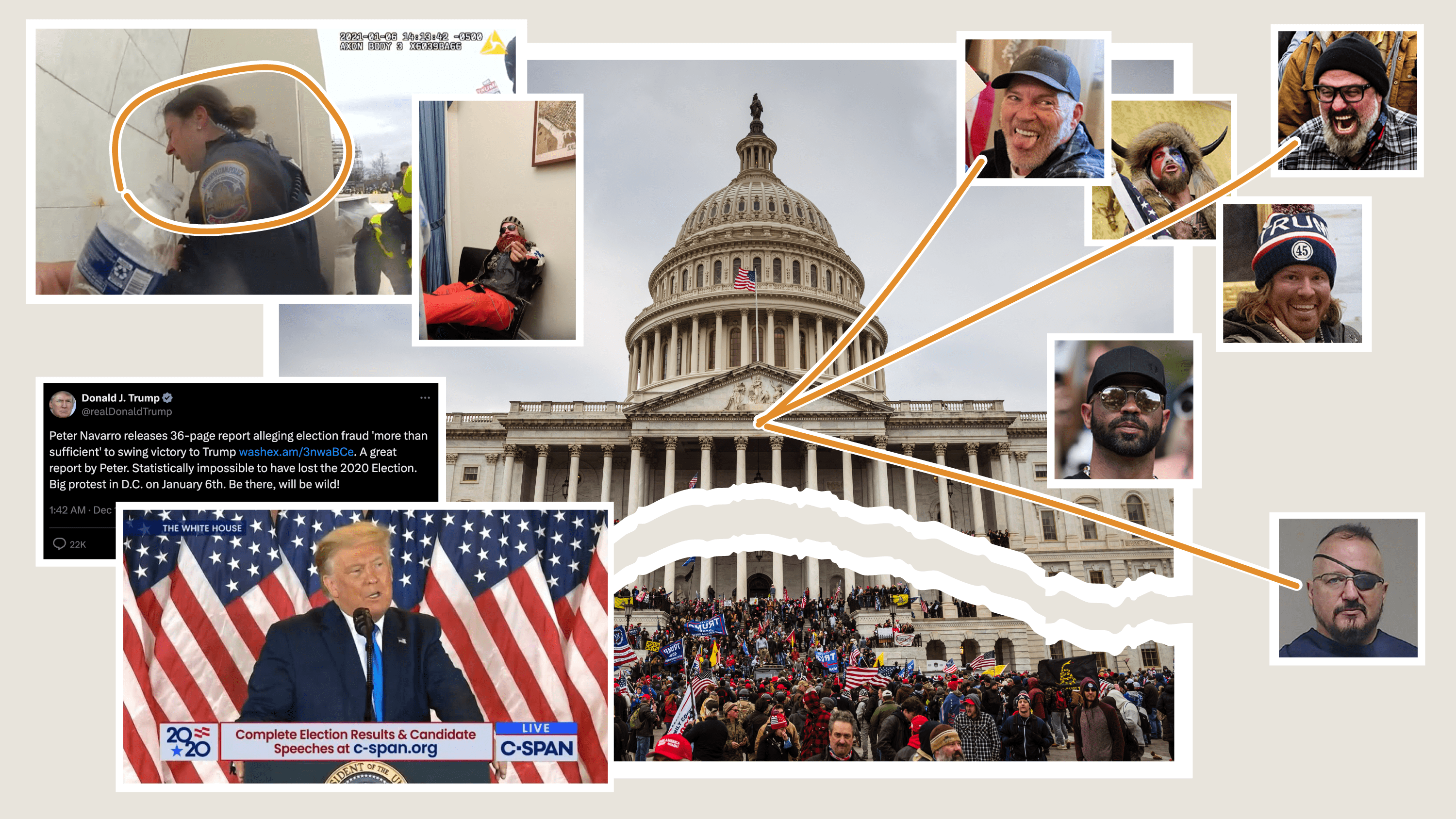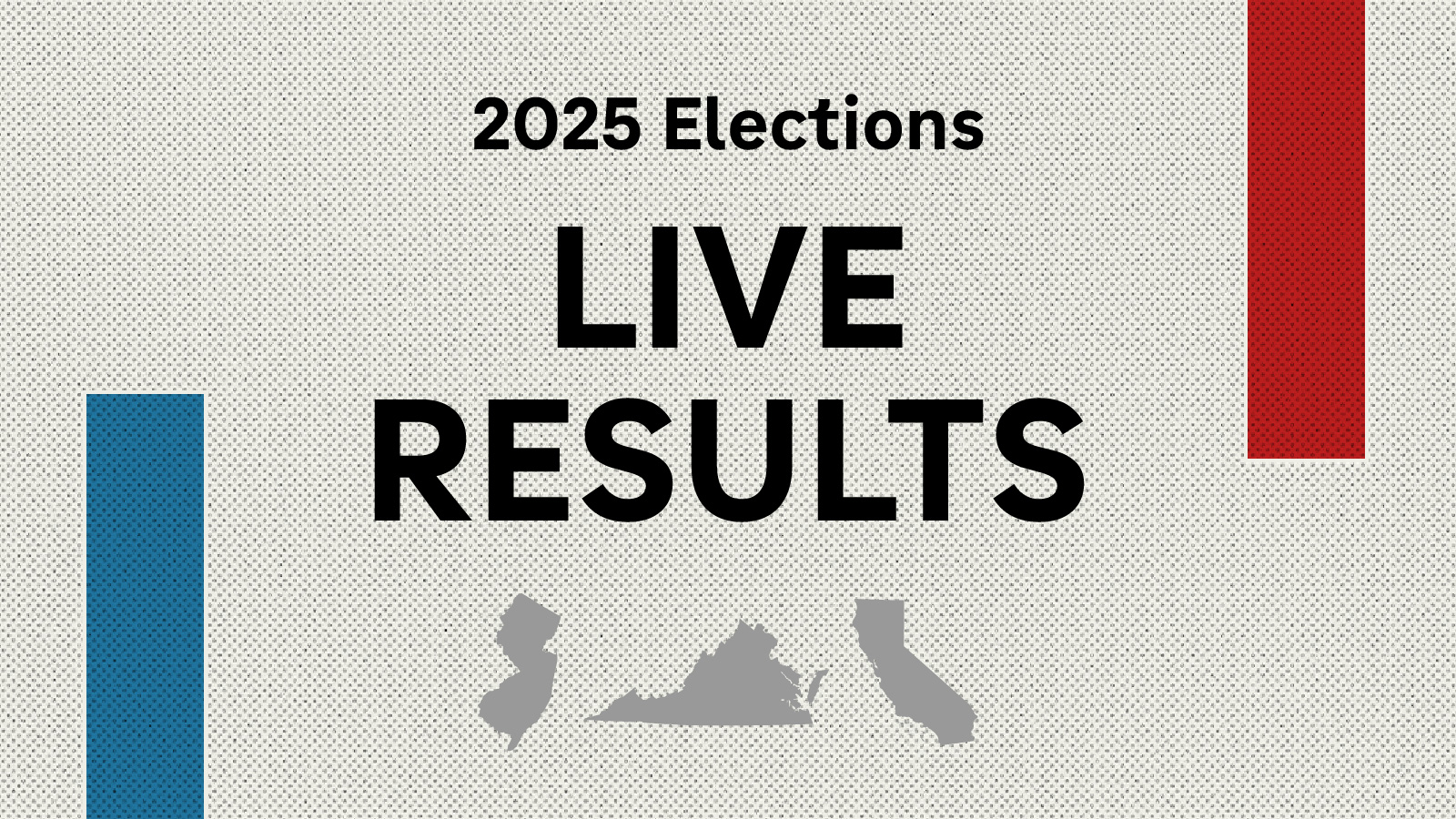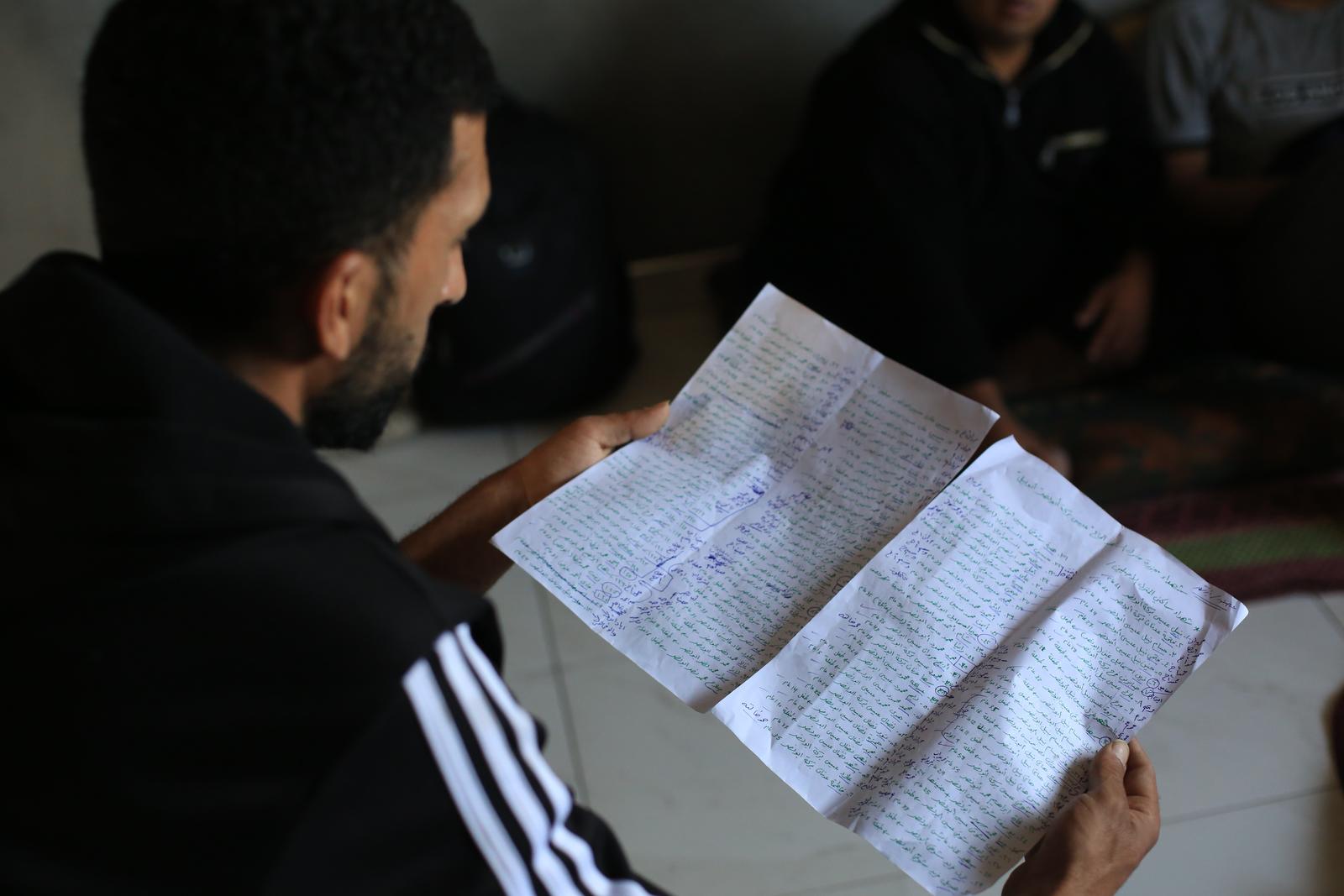Four lessons from a 10,000-mile internship journey
Early in my internship in January in D.C., what seems like a lifetime ago, I got pulled in to help with updating and creating coronavirus graphics. At the start of each work day, I watched as the case and death counts in Asia grew exponentially. I had no idea that five months later, I’d be ending my internship halfway across the world in my childhood bedroom.
In early March, like many other journalists across the country, I flew into New Orleans for the 2020 NICAR conference. A few days later, an attendee tested positive for the coronavirus, and our team started working remotely. Soon after that, the WHO declared a global pandemic, the U.S. declared a national emergency, and almost all of NPR went remote.
Some of my fellow interns decided then to finish up their internships at home, but that didn’t seem like an option for me since “home” was all the way back in Jakarta, Indonesia. The thought of working on the other side of the globe seemed so crazy, especially because of the 13-hour time difference.
As an international student, however, it was a lot riskier for me to be away from home during this time. My student visa was about to end in the summer, and I needed to leave before then, but there were a lot of uncertainties with international travel. I was also feeling isolated and worried about not being with my family.
So after two weeks of working from home in D.C., I first moved back to Texas, where I went to college, to pack up my life from the past four years. I didn’t think I’d end my time in the U.S. so suddenly–I wasn’t even able to see a lot of my friends to say goodbye. But after a week of making lists of pros and cons, and having conversations with people I trust, I got my tickets and flew 10,000 miles from Austin to Jakarta.
Following a 14-day quarantine in a family friend’s house, I finally moved back in with my parents and started a new normal. Thanks to the internet and the amazing people I worked with, I was able to continue working remotely for NPR from Jakarta. So for the last three months of an extended internship, I would go to bed in the morning, start my day around 6 p.m., have dinner-slash-breakfast with my family, and then work until about 4 a.m.
While everyone around me slept, I attended meetings, maintaining COVID trackers, gathered testing site data, called hospitals and interviewing health care providers, designed and built graphics, set up virtual lunch dates and lost at team trivia competitions at 3 a.m. in the morning.
Here are some of the things I learned from this experience:
Be flexible
When we started working from home, I remember feeling disappointed. After all, what made my previous internships successful was the in-person conversations with my colleagues. There were still so many people I wanted to meet in the newsroom, and I missed having lunch with my fellow interns.
Of course this became a thousand times harder after I moved back home, given the 13-hour time difference, so I had to be flexible. That meant setting up virtual lunch and coffee dates, knowing when to take breaks, knowing what my needs were and not being afraid of voicing them–which brings me to my next point.
Reach out for help
At the start of any internship, you’re always told “don’t be afraid to ask questions and reach out for help.” This is often easier said than done when you tend to be shy and quiet in new situations, like I am. After about a month into the internship, I felt like I was finally getting to know the team and was starting to feel comfortable talking in person.
Working remotely made it even more important to communicate and ask for help. I’m lucky enough to work with people who are not only responsive and helpful but are proactive in reaching out to ask what I needed help with. It took awhile for me to adapt, but I soon learned that in order to get the most out of a remote internship, I couldn’t just work in a silo. And fortunately, Slack eased that process a lot.
Take breaks
Working at home made it hard to separate my work and my personal life, especially since my schedules kept shifting thanks to the time difference. That’s why it was even more important to take work breaks. When I was still in D.C., I would go on walks every day after lunch around my neighborhood. After moving to Jakarta, I was working overnight, and I couldn’t just go on a walk at 2 a.m. in the morning. So I looked for new ways to de-stress and take my mind off work, which looked different every day. Some nights I made tea and talked with my brother, or sang and played piano, or just sat in bed to practice mindfulness.
Don’t be afraid of making hard decisions
This is probably the biggest lesson I learned. In March, when we all started self-quarantining, I wasn’t feeling my best. Being new to D.C., I didn’t feel quite at home yet, and working from my basement bedroom was less than ideal. I knew staying in the country wasn’t sustainable, so I had to make the difficult decision to return to Indonesia.
After I moved home, I found myself wondering what would’ve happened if I had stayed and whether I made the right choice. Even though I was physically in Indonesia, I was mentally still in the U.S.: I worked on a different timezone, mostly spoke in English and barely left the house except to go on my occasional “morning” walks.
I didn’t fully process how big of a change this was, until very recently after the internship ended and I had some time to just adjust to life here. Having some time off helped me realize that moving home was hard, and I can’t suppress the emotions I felt. But even though I didn’t exactly end my time in the U.S. the way I wanted to, I’m grateful for how things turned out. Now, I get to spend time with my family and be in a place that feels like home.
 visuals + editorial graphics
visuals + editorial graphics

